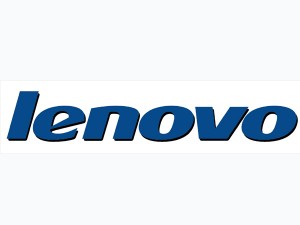
More importantly, the local market will account a large portion of the growth for PCs in the region in coming years, according to a senior regional executive of computer manufacturer Lenovo.
“At present, PC penetration in the Philippines is less than 10 percent,” said Koh Kong Meng who is the general manager and executive director for Lenovo’s Asean operations. “There is a large potential for growth here because more and more people want to be connected to the Internet.”
China-based Lenovo is the world’s second largest manufacturer of PCs after US-based HP. It acquired the business from IBM a few years ago—including the computing giant’s iconic “Thinkpad” line of laptop devices —allowing it to leapfrog over other PC manufacturers.
On top of the potential for increased penetration in the Philippines, Koh said he was bullish about the prospects for the entire Asean PC market which he expects to grow by more than 10 percent next year.
He said his bullishness was buttressed by Lenovo’s size which allowed it to outmaneuver smaller manufacturers that offer cheaper products.
Because of how Lenovo positioned itself in the market—and the various “value propositions” its products offer to users—Koh said the company had differentiated itself from other PC makers, even if their products were made in China.
“Our products are not commodities,” he said, adding that Lenovo had its own proprietary manufacturing facilities, unlike other device makers, many of which share outsourced manufacturing services.
The Lenovo executive also said that despite the surging interest in other computing platforms in recent years—including the array of Apple products—many businesses still prefer PCs and Thinkpad laptops for “serious” work.
He said the Thinkpad line was the most preferred laptop among businesses because of its reputation for rugged construction which allowed it to withstand the wear and tear of regular travel.